E244: The 6 Principles Of Infinite Banking

Are you tired of conventional banking systems that don’t work in your favor? Find out why Infinite Banking is a safer platform to build your life on, as opposed to traditional banking methods. We’ll delve into the six principles that make Infinite Banking a robust financial strategy for securing and growing your wealth. Learn how to become your own banker to achieve financial autonomy and long-term security.
E243: Does Faith Affect Your Finances?

Dive into the connection between faith and financial strategies. Discover how trusting God and embracing spiritual principles can not only guide but significantly enhance your financial decision-making processes. Nate Scott shares personal and biblical insights that illustrate the power of aligning your financial actions with your faith.
E242: The Top Financial Experts Investment Strategy

Discover how to assess and manage investment risks, and why understanding the Risk-Reward Quadrant is crucial for anyone looking to enhance their financial strategy. Whether you’re a seasoned investor or just starting out, this episode gives you the tools to make smarter, more informed financial decisions.
How To Build Wealth Through Faith, Community, and Purpose
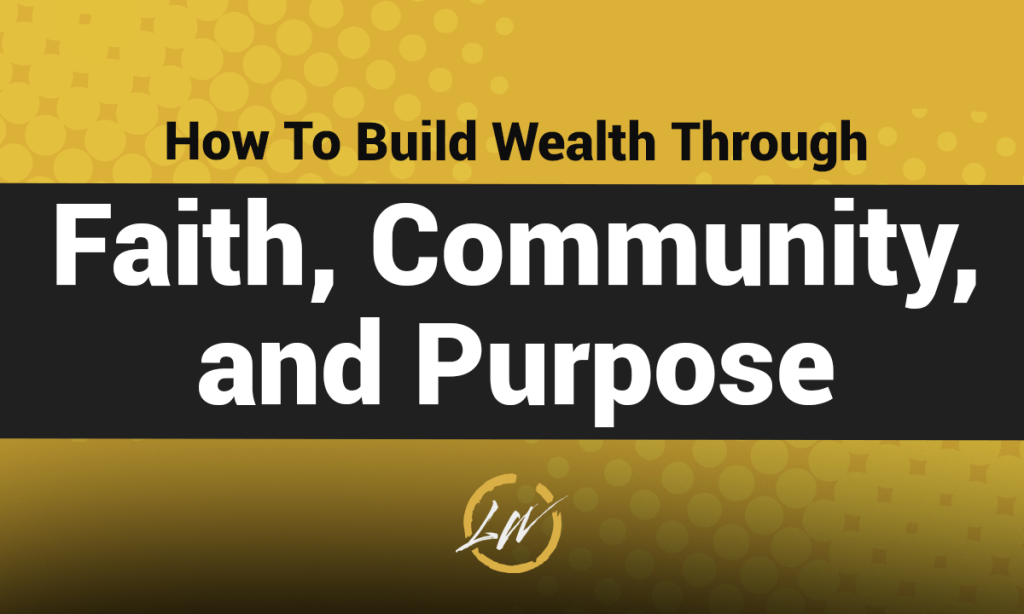
Explore the three pillars of living a fulfilling life and how they can be your key to building substantial wealth. Learn actionable tips on effectively integrating this approach into your life and your financial strategy. Join us as we unveil how to build wealth with infinite banking to not just save, but also grow your money more efficiently.
E241: The 3 Pillars of A Fulfilling Life

In this episode, Nate Scott delves into how the core values of faith, community, and purpose are essential not only to build a fulfilling life but also to increase your financial potential. Discover practical ways to integrate these values into your wealth-building strategy and achieve financial freedom.
E240: Why Retirement Programs Don’t Lead To Financial Independence
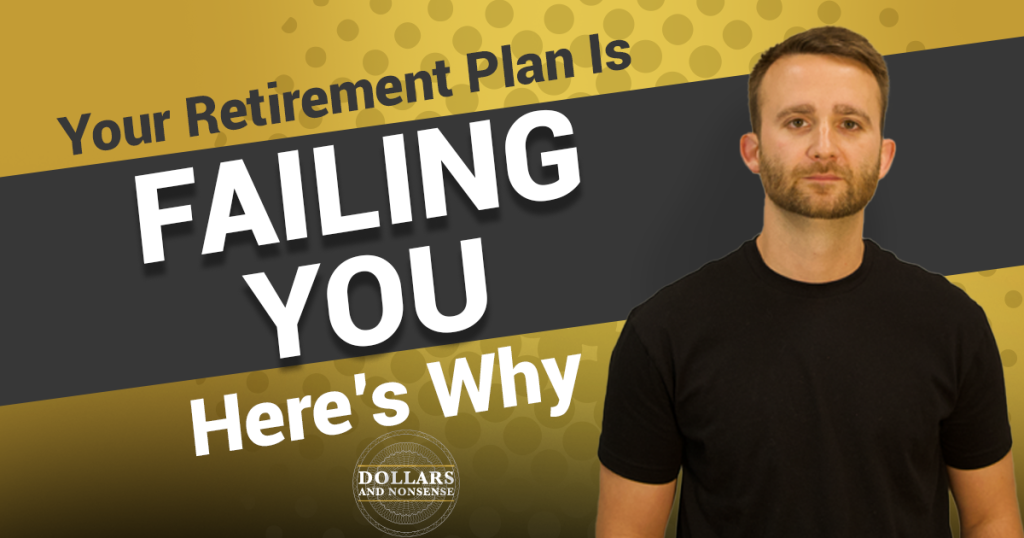
In this episode, Nate Scott delves into the reasons why retirement programs don’t lead to financial freedom, highlighting their passive nature and inability to generate sustainable wealth. And uncover the importance of active wealth-building strategies, like infinite banking, for achieving true financial freedom.
The 3 Pillars Of Financial Independence With Infinite Banking
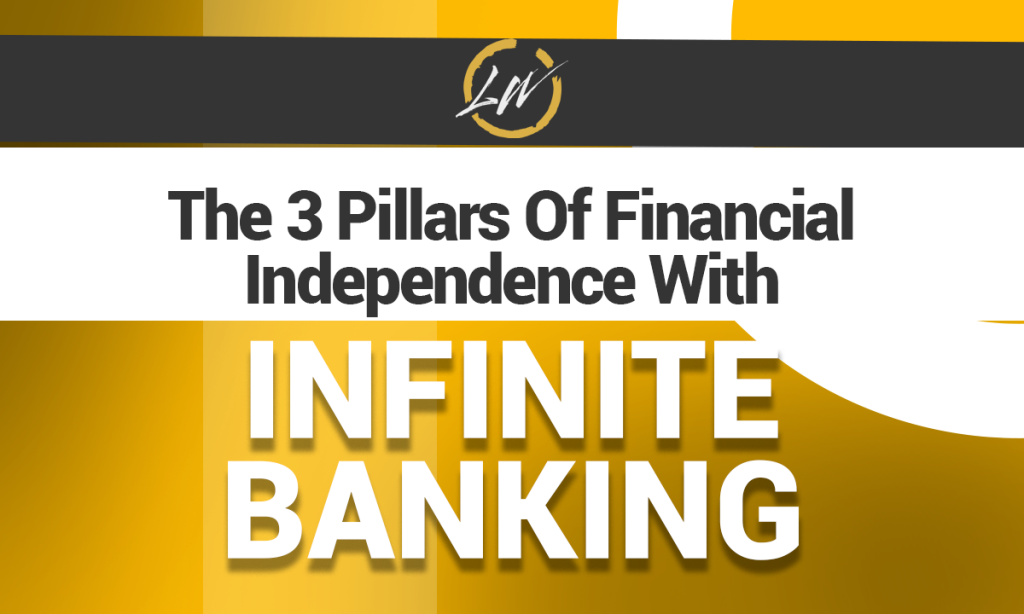
If you constantly ask yourself “how can i be financially independent?” then this blog post is for you. Learn the three essential pillars of financial independence and how Infinite Banking can revolutionize your approach to wealth management. Dive into our expert insights and actionable strategies to start building your path to lasting financial freedom today!
E239: The 3 Pillars of Financial Independence

Explore the essence of financial independence and how Infinite Banking offers a transformative solution. We discuss the three pillars of financial freedom—income, security, and control—and demonstrate how Infinite Banking empowers individuals to build wealth and secure their financial future.
E238: How Infinite Banking Can Reshape Your Financial Mindset
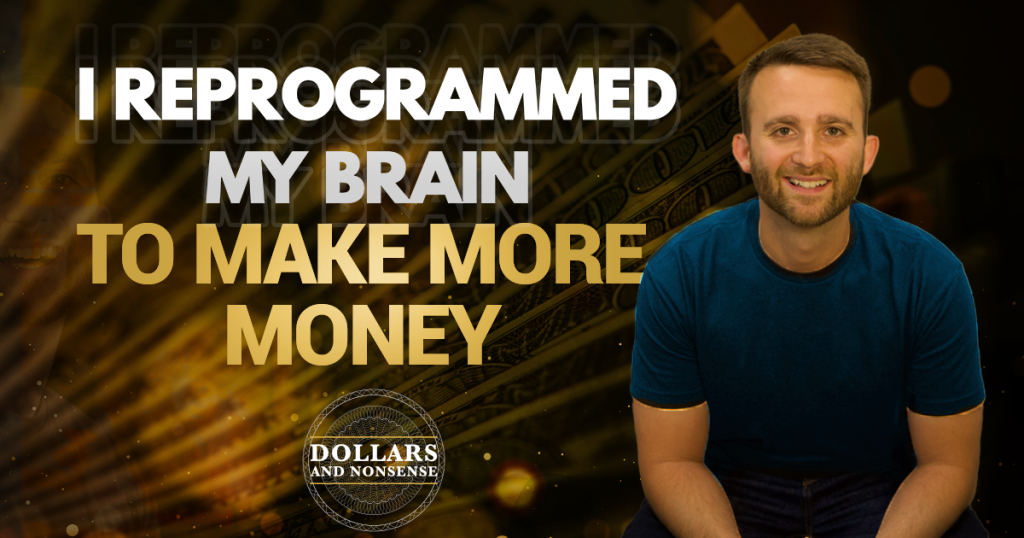
Join us in the Dollars and Nonsense episode as we explore the power of retraining your mind to achieve financial success. Discover how infinite banking can revolutionize your approach to money and open doors to abundance you didn’t even know existed.
Is Infinite Banking Possible Without Whole Life Insurance?
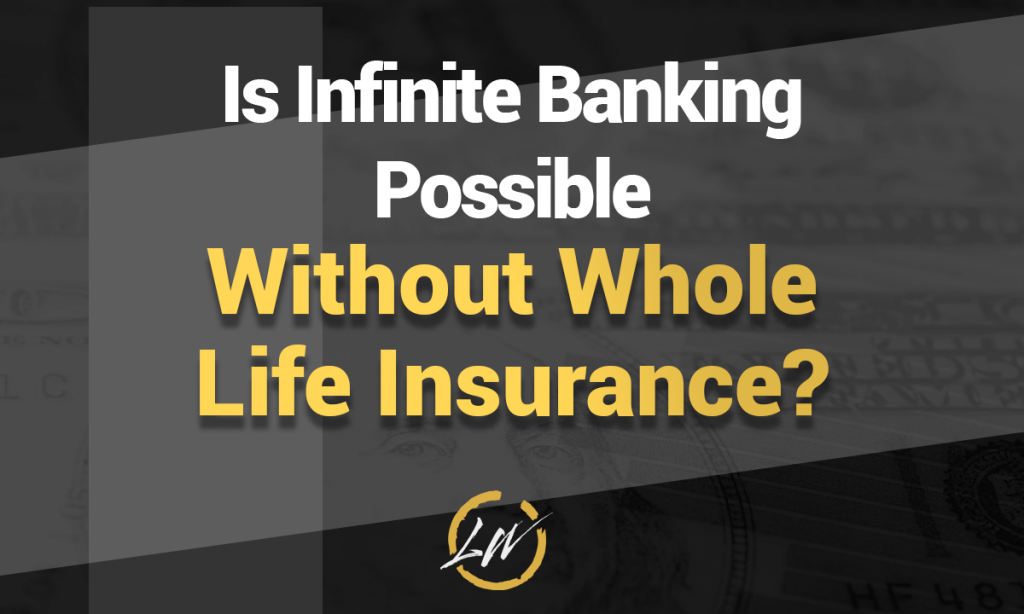
Dive into the world of Infinite Banking and explore alternative strategies for achieving financial freedom without traditional banking or whole life insurance policies. Discover smart approaches like Velocity Banking and margin accounts, and find the best fit for your financial goals.

